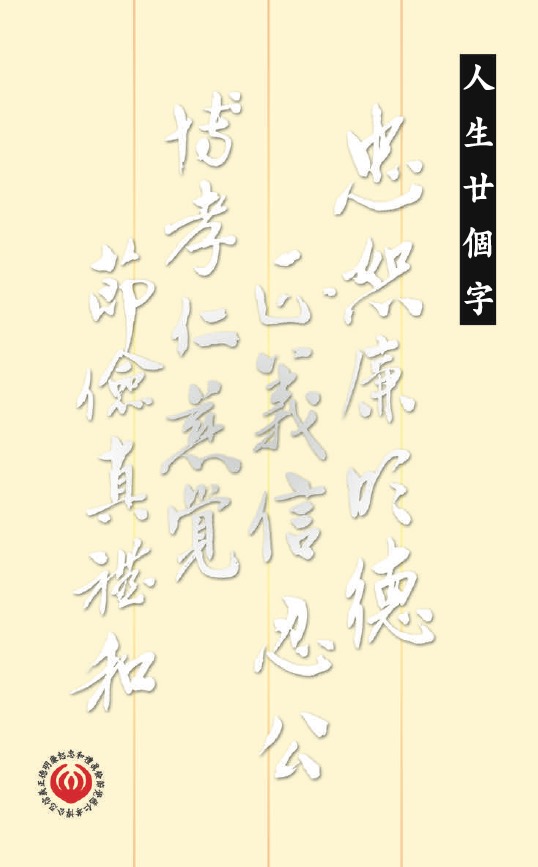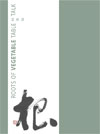Forbearance – 忍箴
- 忍箴
- YEN (Forbearance)
| 處心積慮 | 免亂大謀 | 懲忿窒慾 | 庶無愆尤 |
| 行有不得 | 反求諸己 | 事事能耐 | 何苦不已/td> |
處心積慮 免亂大謀 當其拂逆之來,如能處心積慮,暫忍一時,即可分別事理之輕重緩急,力謀辦法之安全,庶不致因小不忍而紊亂大謀 。
懲忿窒慾 若能學君子懲戒自己之忿怒,窒塞自己之慾望。
O(易)「君子懲忿以窒慾。」
庶無愆尤 然後對於應事接物,庶免無過。
O 愆尤,過也。
行有不得 反求諸己 凡一言一事,不得其成效,則須反求諸己,恐我之言行不當,而我之思慮未至也。
O(孟子)「行有不得者,皆反求諸己。」
事事能耐 何苦不已 無論何事,於不能忍耐之時而能忍耐,即任何苦惱,皆可止矣。 O已,止也。
When adversity comes your way, do not act hastily and desperately, but stay calm and patient; think well before you do anything. This will prevent a great catastrophe from happening if you should, in a fit of despair, lose your head and act against reason. Contain your anger and suppress your selfish desires, and you will find yourself making fewer blunders. If your wishes fail to materialize, you must turn inward and examine yourself in every aspect (A). If you can forebear all drawbacks, you will know neither misery nor despair.
NOTE:-
(A) The Works of Mencius: “If in whatever we do, our wishes do not materialize, we must turn inward and examine ourselves in every respect.”

